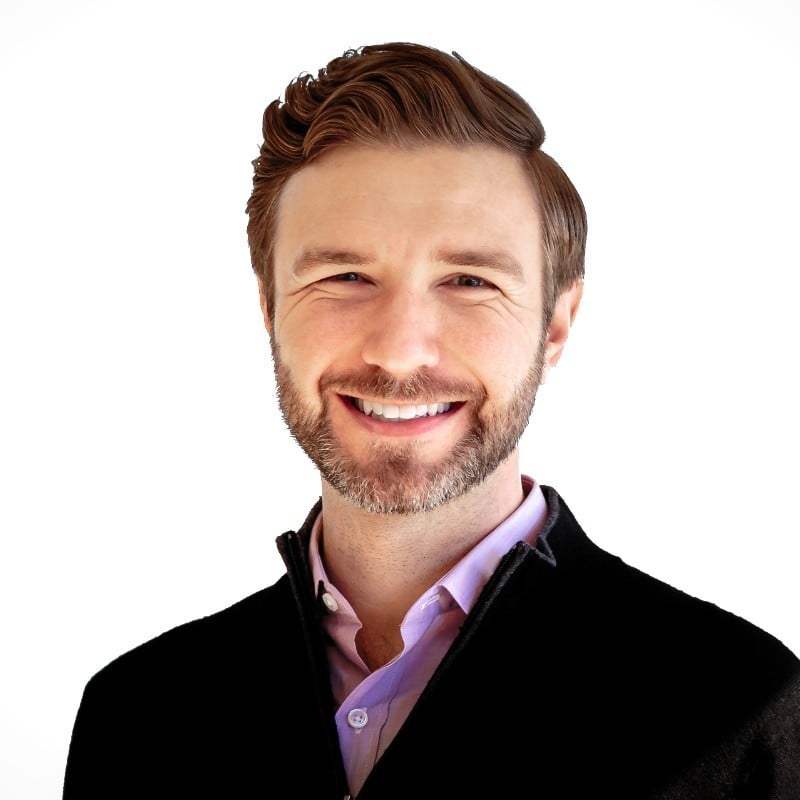Cultivating Impact Leaders: Conscious Capitalism Invites USD Kroc School Students to the CAUSE Conference
Written By Andrew Biros, Ed.D.
At the University of San Diego and Joan B. Kroc School of Peace Studies, our mission is to equip and empower changemakers to shape peaceful and just societies through transformational learning and knowledge generation that drives change. Our Institute for Social Innovation, Spark @ USD, serves as a beacon for this mission, instigating positive change through a fusion of inventive teaching, experiential learning, and persistent engagement with both global and local social entrepreneurs.
This mission resonates profoundly with the ethos of San Diego’s Chapter of Conscious Capitalism, which advocates for harnessing business as a force for good, aspiring to elevate humanity through conscientious business practices. Acknowledging the potent influence of purpose-driven leadership and experiential learning, the Co-Chairs of Conscious Capitalism San Diego — Laura Hall and Jesse Langley — graciously invited a select group of Kroc students to attend the 25th Anniversary of the CAUSE Conference. This staple of the region has long sought to accelerate social change by helping businesses develop and implement social impact strategies, while also improving collaboration between public and private sector organizations. Students had the chance to network with purpose-driven leaders and organizations, all of whom were united by a common goal of making a positive difference.
Nora Tavana, a Master’s student in Conflict Management and Resolution, found her interaction with J.R. Redmond, the Founder of the Silverback Foundation, particularly illuminating. Moved by Redmond’s narrative of resilience and determination, Nora noted, “Not only has he navigated through the depths of despair to find purpose—a feat in itself—he has also utilized his personal journey to positively impact others, harnessing his pain as a catalyst for promoting good and propelling others forward.”
A significant realization for Nora was the alignment of actions with the principles of a company being paramount. She stressed that “It matters that the action resonates with the company's principles. It matters to what extent they wish to engage. These factors outweigh the magnitude or power of the business. Being intentional fosters the authenticity needed to effectuate meaningful good.” Nora intends to hone in on her "why" as she progresses in her career in conflict management.
One student from the Master’s in Social Innovation program recounted a profound interaction at the B.R.I.D.G.E. Lab during the conference. The lab's dedication to facilitating meaningful change echoed this student’s own aspirations. Reflecting on discussions with various leaders at the conference, the student underscored the “importance of collective effort and the belief that every small initiative contributes to the greater good.”
For Minou Sengmanikham, a Master’s in Peace and Justice student, the primary takeaway was the crucial role of collaboration in addressing systemic challenges. “Climate change intrigues me. Yet, the absence of direct experiences, comprehensive research, and diverse stakeholders has hindered my formulation of a clear climate action plan,” shared Minou. The conference’s breakout session on climate action, which included various stakeholders, facilitated a deeper understanding for Minou regarding the “importance of synergies and partnerships.” Inspired, Minou plans to explore effective coordination mechanisms for climate partnerships and synergies post-conference.
Master’s in Peace and Justice student Thomas Oliver was profoundly impacted by Greyston Bakery’s human-centered hiring philosophy. “The notion that hiring policy could serve as a significant intervention was a revelation,” shared Thomas. Following an engaging discussion with Greyston CEO Joe Kenner, Thomas aims to collaborate closely with entrepreneurs on their subsequent projects.
Moreover, an overarching theme reverberated throughout the conference—the symbiotic relationship between purpose and profit. “The collective resolve among attendees to not merely discuss change but actively pursue it was inspiring," shared Dr. Paula Cordiero, Dammeyer Distinguished Professor of Global Leadership and Education at the University of San Diego. Alongside University of San Diego Professor Dr. Juan F. Roche and Lecturer Karen Henken, Dr. Cordiero also spearheaded a session on their newly launched Global Executive Seminar focused on using business for good to shape a better world. “This gathering spotlighted innovative ideas not only reshaping business but also addressing our community's pressing challenges—a potent reminder that purpose and profit can, and should, harmoniously coexist to foster a sustainable and prosperous future for all in San Diego.”
The ripple effect of the CAUSE Conference experience on our students is immeasurable, a resonating impact that embodies the essence of what we strive to cultivate at the University of San Diego and Joan B. Kroc School of Peace Studies. The unwavering commitment of Conscious Capitalism San Diego in nurturing a new generation of purpose-driven leaders laid the groundwork for this pivotal experience. As our students venture forth into the realms of social innovation and entrepreneurship, they carry with them a robust network of allies and an indelible ethos of creating a meaningful difference in the world.

About the Author
Andrew Biros is the Founding Director of Spark @USD Social Innovation Institute, at the Kroc School of Peace Studies. He leads a cohesive portfolio of high-impact initiatives that cultivates social entrepreneurs, produces knowledge for change makers, and connects students to action. This work includes overseeing and managing the Fowler Global Social Innovation Challenge and serving as Managing Editor of the USD Teaching Cases on Social Impact.





